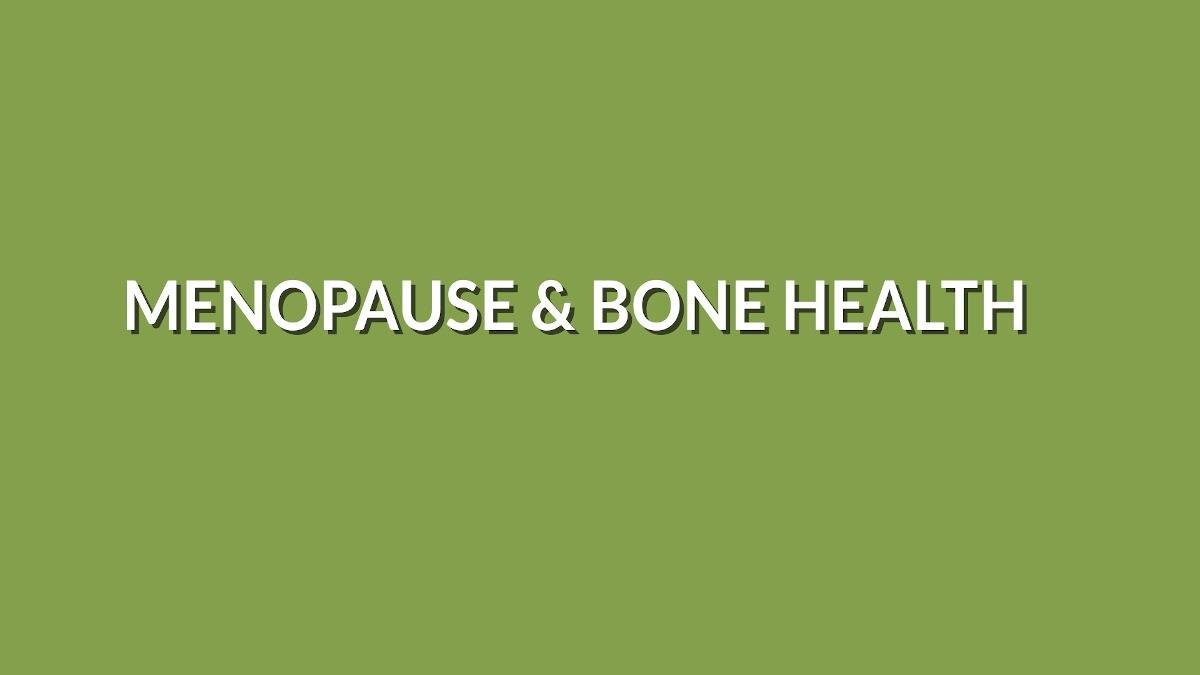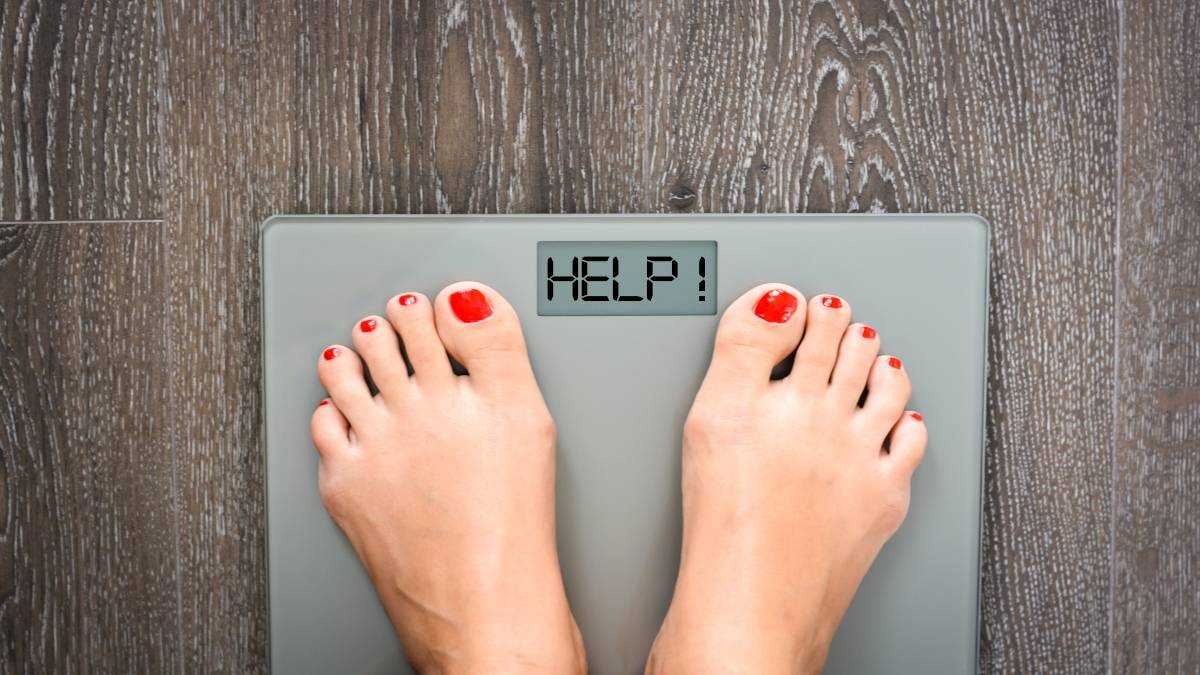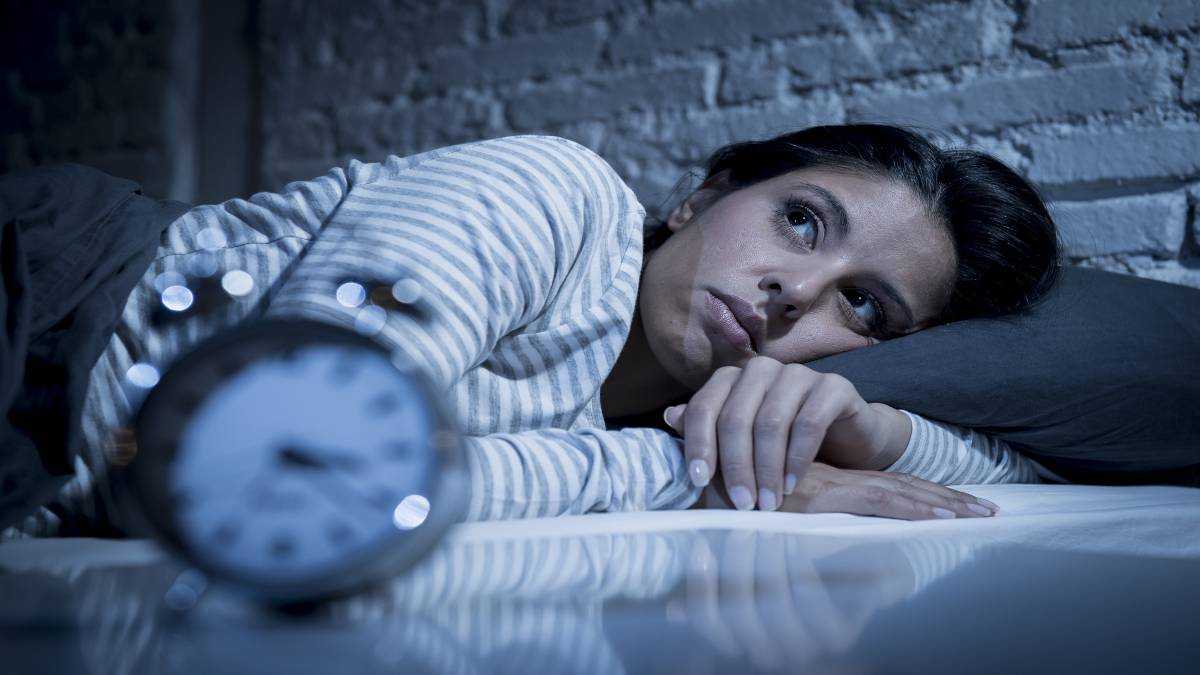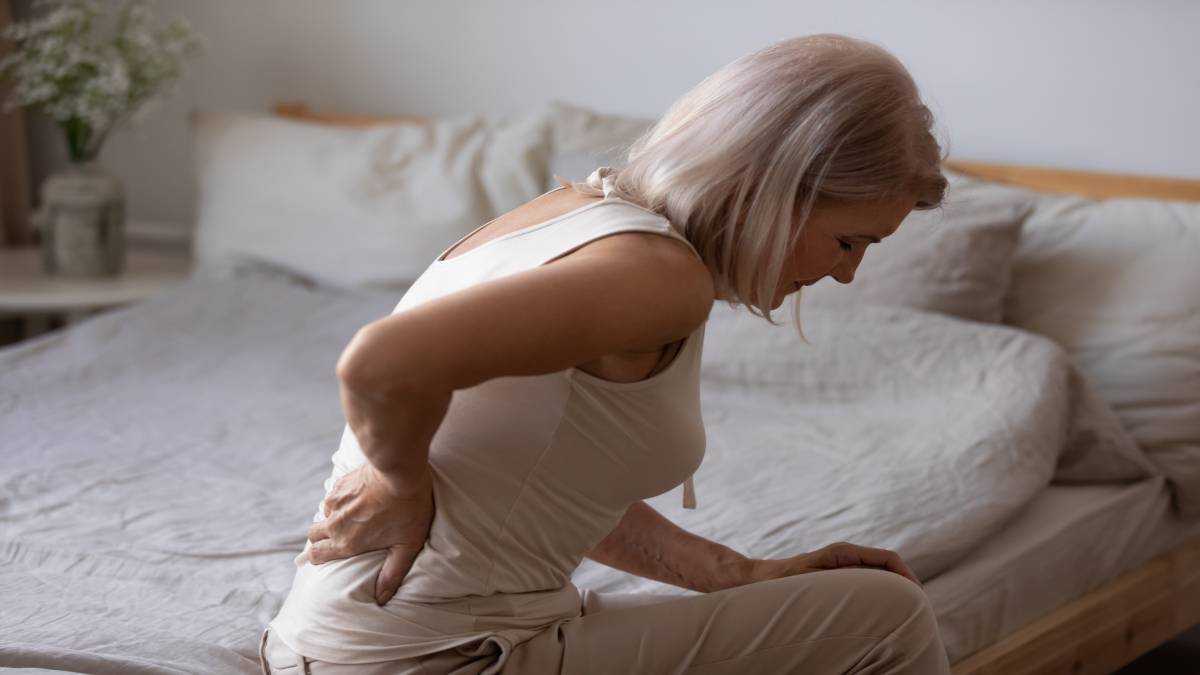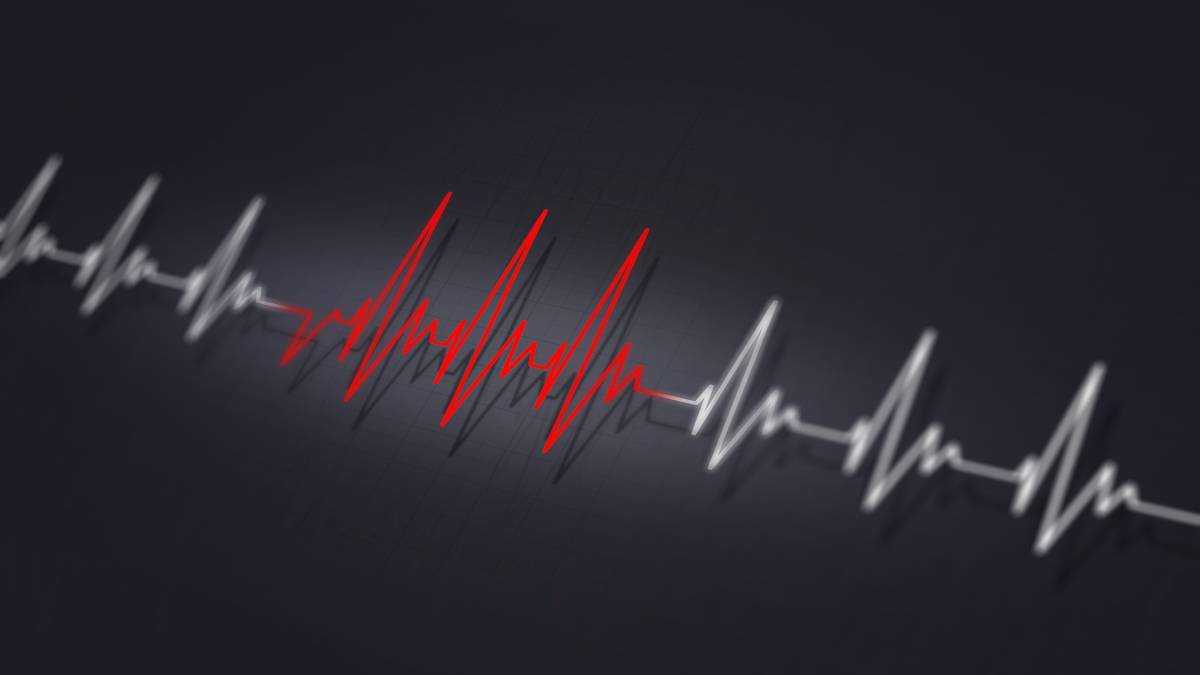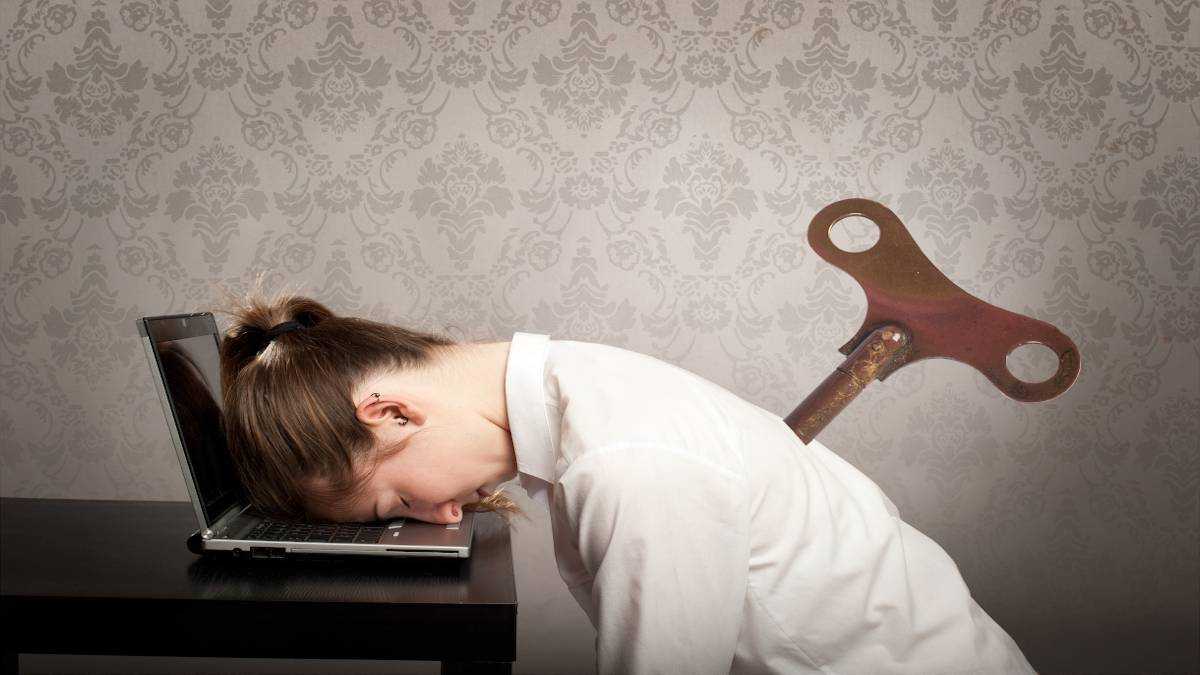A menopausal woman is transitioning from a reproductive stage to a non-reproductive one.
Dry skin, hair fall, and acne are some of the skin and hair related symptoms that occur owing to the drastic hormonal changes taking place in the body. The hormone estrogen is mostly to blame here.
The fluctuating hormone levels not only give rise to internal changes but also external ones. While some of these changes are drastic, some of them are not so much and can be easily controlled by bringing about certain lifestyle and dietary changes. Some of the most noticeable external changes that menopause brings about are to the skin and hair.
Some of the changes a menopausal woman might notice in her skin are as follows. Effective ways to tackle the same are also listed below.
- Sagging of the skin and wrinkles – Elastin and collagen present in the body are responsible for keeping the skin healthy and supple. With age, their levels in the body diminish, causing the appearance of fine lines and wrinkles. The low levels of estrogen are responsible for further speeding this process.
Solution – A derivative of Vitamin A, retinol, is known to enable collagen production, helping alleviate the issue. The hyaluronic acid application also helps in replacing lost moisture and enhancing skin elasticity and vitality.
- Dry skin – The blood flow to the skin cells is hampered due to low estrogen levels. This results in more water loss through the skin resulting in dry and flaky skin.
Solution – Avoid bathing with hot water and pat dry skin instead of rubbing the skin dry after a bath. Incorporate the use of a moisturizer that contains enriching ingredients like shea butter, jojoba oil, coconut, or colloidal oatmeal, use scent-free skincare products
- Growth of excess facial hair – Fluctuating estrogen and androgen levels result in excess hair growth in areas like the chin, cheeks, and upper lip. These are darker and thicker hair than the normal peach fuzz like hair that covers the face.
Solution – You may employ any hair removal technique like threading, waxing, tweezing, etc. to get rid of such hair. Permanent hair reduction with laser therapy is useful too.
Hair loss is another common symptom of menopause. You may find that large clumps of hair fall out when you brush them or while bathing. This usually leads to thinning of hair overall and does not normally cause bald spots. The hormones estrogen and progesterone are responsible for the healthy growth of hair. A drop in levels of these hormones hampers the health and growth of new hair. Low levels of these hormones also result in the production of androgens, which shrink the hair follicles and thus result in hair loss. Stress, illness, and anxiety during menopause can also lead to hair loss in addition to the hormonal changes that the body is going through.
Solution – Correcting any nutritional deficiency helps in decreasing hair fall. Minoxidil may be prescribed by your doctor which also helps in initial stages of hair loss. Avoid aggressive styling, heat treatments, and irritating chemicals.
HRT or Hormone Replacement Therapy helps in most of the above changes.
How to tackle skin and hair problems during menopause?
Skin and hair problems that occur during menopause can be easily curbed by bringing about a few lifestyle changes.
Reduce stress – Try meditating or yoga to keep away from mood swings, anxiety, and stress. The hormonal imbalance that the body is going through tends to aggravate when the human body is stressed.
Remain active – Indulge in light exercises and make it a part of your daily routine. You may want to go for a walk, a short jog, or do light cardio exercises. This helps in keeping the body active and fresh.
Ensure a healthy diet – Make sure that you include adequate amounts of essential nutrients required by the human body. Include items like tuna, almonds, walnuts, and food containing amino acids, vitamins, and minerals to your diet.
Stay hydrated – One cannot stress enough on the impact adequate water consumption has on the body. It solves more problems than one and is one of the best ways to keep healthy and stress-free. You may also include fruit and vegetable juices in your daily fluid consumption.
Catch adequate sleep – A well-rested body helps in more ways than one. Ensure that you clock in the average sleep hours daily and try catching an afternoon nap if possible to rejuvenate your body.
Hair and skin problems that arise out of menopause can be easily tackled by ensuring a good diet, exercise, and sleep routine. In case the symptoms are severe, you may also get in touch with your doctor and rule out any major cause for concern.
Â
Special thanks to Dr. Avani Maniar (Dermatologist, Cosmetologist, and Trichologist DDVL, MBBS) for the expert advice.


